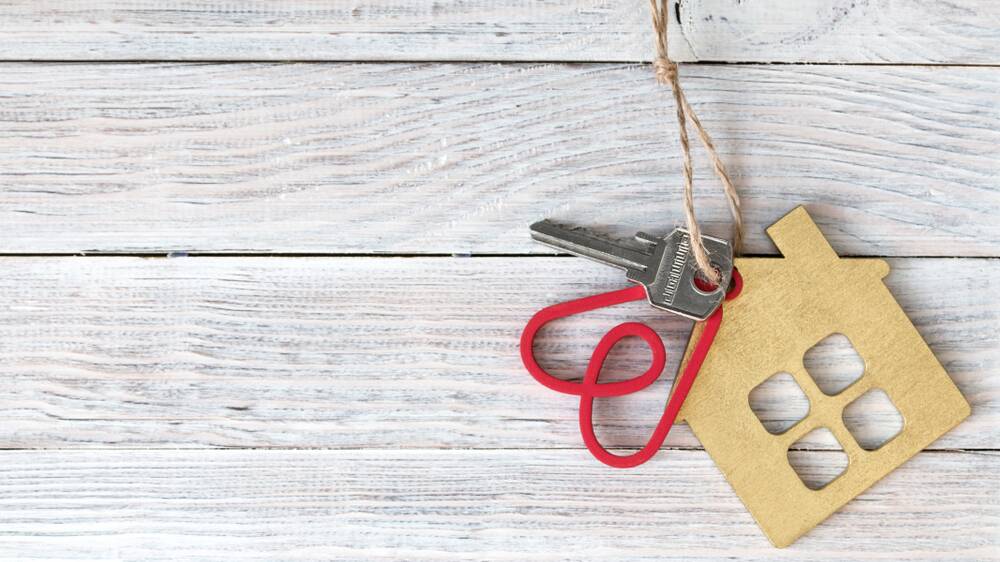
Over the years, I've written about Airbnb a few times. In fact, I've probably written about Airbnb more than I've used it recently. Gradually I came to believe the problems with the accommodation platform were outweighing the benefits - and clearly many other customers felt the same, as complaints began to take on a life of their own.
Subscribe now for unlimited access.
or signup to continue reading
Extortionate cleaning fees (sometimes more than staying a night); an onerous list of tasks expected when you checked out (particularly galling when there was also a cleaning fee); last-minute cancellations that left you stranded when little else was available (and also left you wondering if the host was just going to relist the property at a higher rate). Ask regular users of the platform and most have examples of these issues - and that's before we even scratch the surface of what it's doing to house prices and local communities in some destinations.
It's with all of this in mind that Airbnb last week announced a renewed focus on its original purpose - letting travellers rent a room in a private residence. Everything old is new again, it seems.
Just to be clear, this feature never went away. But it's true that the vast majority of customers have been using Airbnb to rent entire properties - a large house for a group of friends, a rural cottage for a romantic getaway, a city apartment as a comfortable base to explore a new destination.
With the (re)launch of 'Airbnb Rooms', the company is putting the spotlight back on the opportunity for a cheaper option - just a room. And it's no coincidence that this is happening at a time when the cost of living is rising. Not only are travellers looking for ways to save money, but people with spare space in their home are looking to make a bit of extra cash.
To compare the price differences, I had a look at a domestic and an international destination on Airbnb. In Sydney's Surry Hills, for example, a room with Airbnb costs between $130 and $275 a night, while a property to yourself in the same area ranges from $150 all the way up to $2300 a night (that's for a beautiful four-bedroom house). Across the Pacific, in the Santa Monica neighbourhood of Los Angeles, the price for a room in someone's property is between $150 and $530 a night, while an entire property costs between $280 and $1200 a night.
If budget is the primary reason for choosing to stay in a room rather than have a space to yourself, it seems you save more in some cities than others, so it's always worth comparing. (Hosting someone, however, can clearly be a good money-earner!)
Even though Airbnb has become so well known that it's now a verb, there are still quite a few alternatives for travellers to consider - even for staying in a room of someone's home.
The biggest competitor in that space is Homestay, a platform that only has the option for rooms, not properties. It takes the approach that staying with a local is an important part of exploring a destination, so this is probably not the company if you're just looking for a cheap bed for a night. In fact, many of the hosts expect stays of more than a week - but the advantage is that the rooms are significantly cheaper than Airbnb.
For a different way of looking at this type of accommodation, there's Fairbnb (see what they did there?), a platform that strives to make tourism a sustainable force for good. For instance, the organisation's profits are invested back into local communities, neighbourhoods are consulted about short-term rentals, and hosts are only allowed to have one property in cities where tourism is becoming problematic. At the moment, it only has accommodation in Europe, but most of them are in popular areas.
Another interesting platform is HerHouse, which is exclusively for women and actually offers free stays (although there is a membership fee to join). The goal of the project is to connect solo female travellers with female hosts who have passed background checks, offering a safe and welcoming place to stay in a new city. Unlike the commercial sites, this is more about creating a sense of community than just having somewhere to sleep.
That's an ethos that's been going for about 20 years in the official Couchsurfing community, another option for free stays in people's homes. Again, this is about creating connections between guests and hosts, and it's grown into a global community of 14 million users in 200,000 cities, with a shared passion for travel and meeting new people.
Airbnb may not see any of these platforms as serious threats (there are plenty of travellers willing to pay money so they don't have to talk to a stranger!) but it is facing serious competition from other large companies like Booking.com and Expedia encroaching on its property rental market, which is why it's also addressing some of the biggest complaints.
As well as the new focus on rooms, Airbnb has made other changes to its experience, including an option for users to browse properties with the total cost, rather than the nightly fee, so that cleaning and service fees are included. It's also including the required checkout tasks for each property in the listing, so you know before you book if you have to vacuum the living room (and can make your choice accordingly).
Whether it's offering better clarity on cost with these changes, or just trying to reduce the cost with the rooms concept, Airbnb is clearly aware that price is becoming even more of an issue for travellers in these difficult economic times. It'll be interesting to see whether it brings back many former customers.
You can see more on Michael's Time Travel Turtle website.


